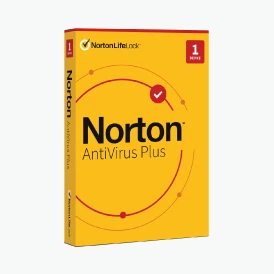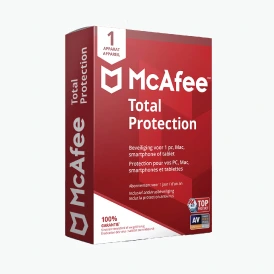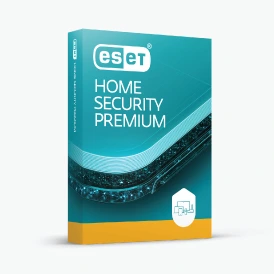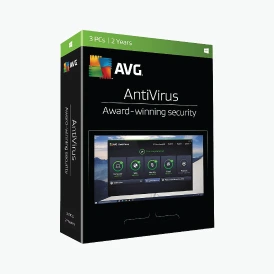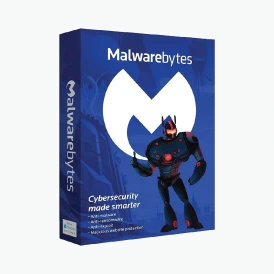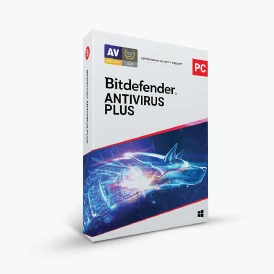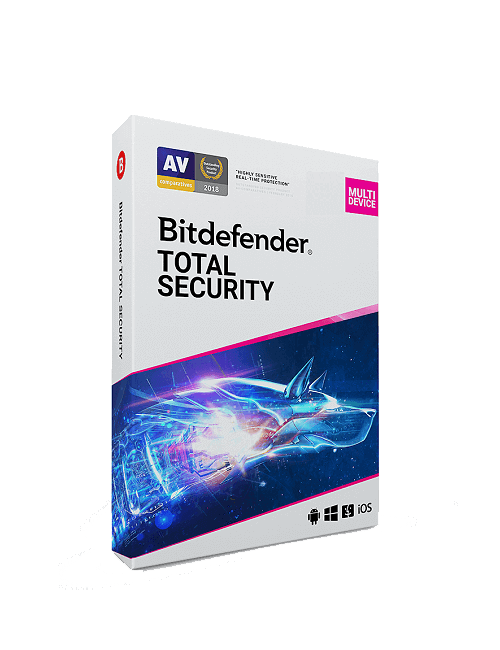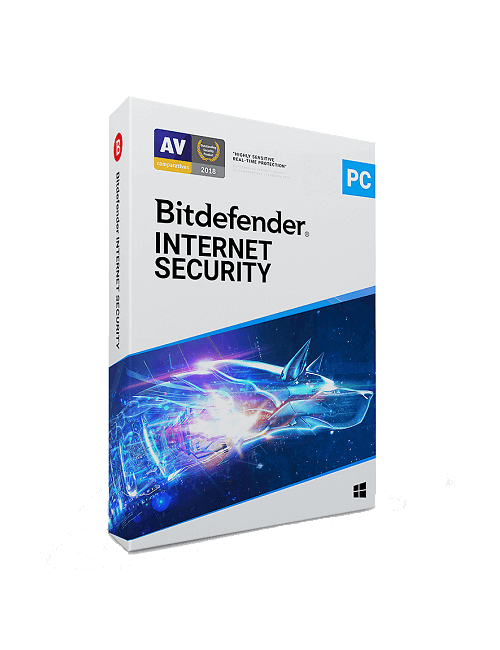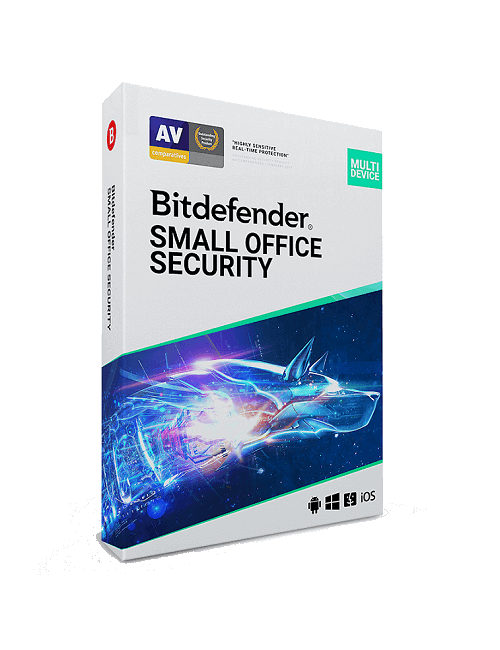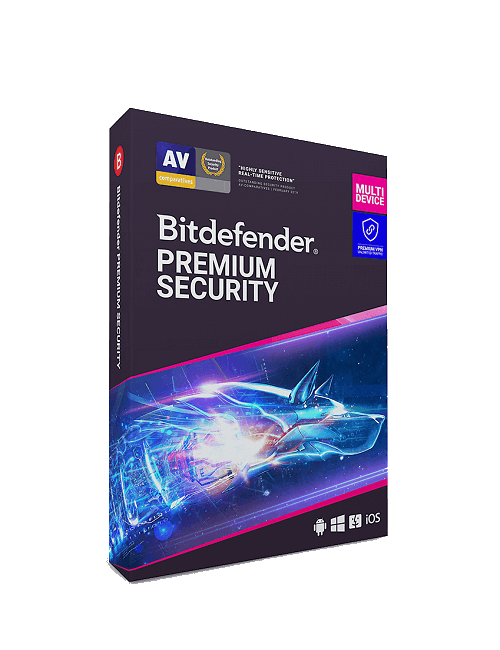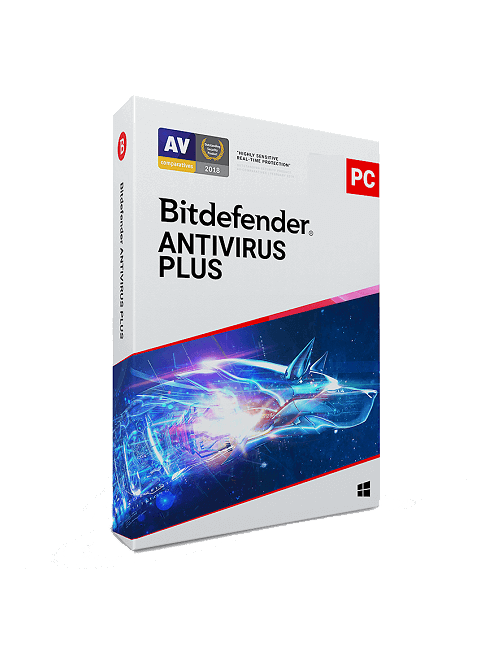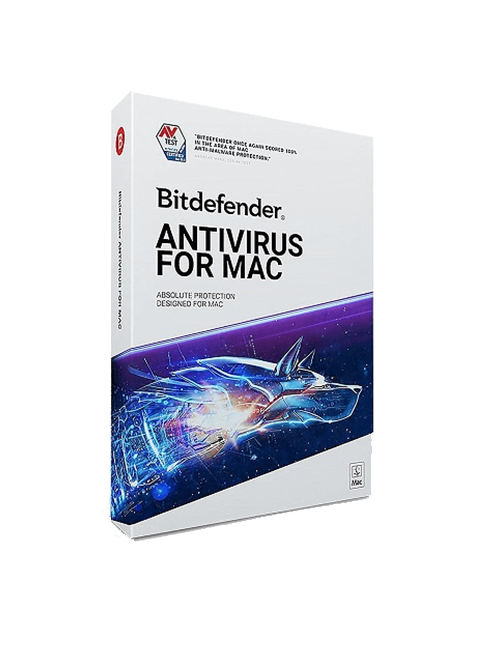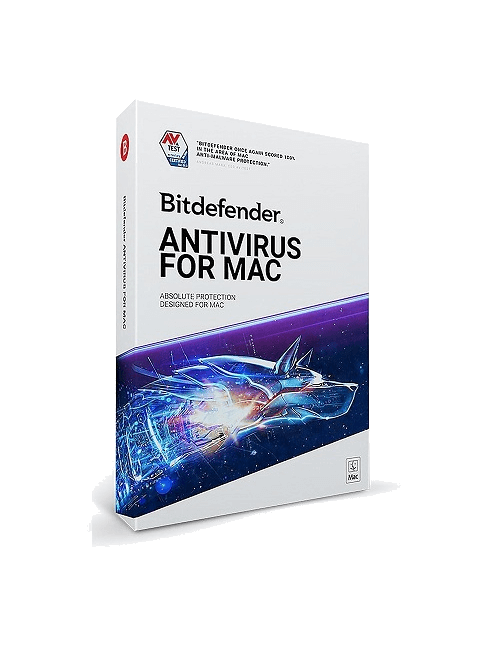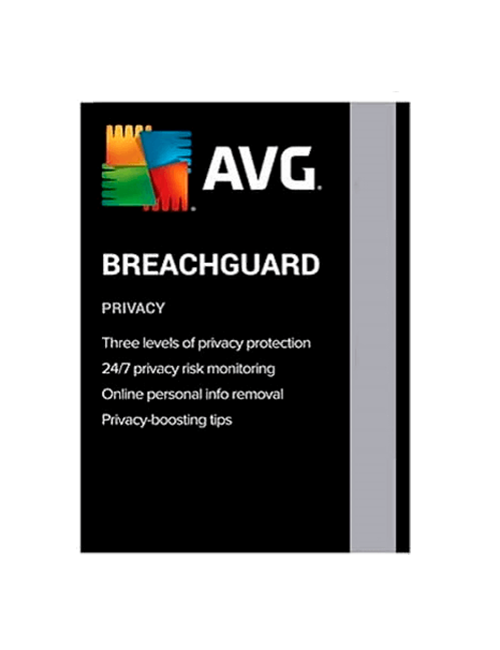
The Case for One Antivirus Software
In the digital age, cybersecurity has become more crucial than ever. But in the pursuit of tighter protection, many users overload their systems with multiple antivirus programs. Ironically, this practice often backfires. When it comes to single antivirus protection, less is more—and here’s why.
System Conflicts: When Protection Collides
Multiple antivirus programs often clash. They scan simultaneously, creating performance bottlenecks, file access issues, and even mistakenly flag each other as threats.
-
Avoid antivirus conflicts by sticking to a single, well-vetted solution.
-
Multiple programs do not increase protection—they increase instability.
-
Your system’s core functions may slow down due to excessive resource consumption.
Streamlined Performance and Speed
Running just one antivirus software ensures optimized system performance. It runs in the background, consumes fewer resources, and minimizes lag.
-
Improved boot-up times, app launches, and faster scans
-
Reduced memory consumption and CPU usage
-
Seamless experience even while multitasking
When your system runs cleanly, your protection actually becomes more responsive and proactive.
Clarity Over Confusion
Installing multiple security programs leads to overlapping notifications, redundant scan prompts, and a cluttered dashboard. This adds confusion rather than clarity.
Choosing a best antivirus solution streamlines:
-
Your threat reporting
-
Real-time monitoring
-
Quarantine and action dashboards
Instead of managing multiple interfaces, you’ll understand exactly what’s going on with your device protection at all times.
Enhanced Trust and Reliability
The best one antivirus software guide focuses on choosing trustworthy, updated, and authoritative solutions that:
-
Offer real-time scanning
-
Include cloud-based threat detection
-
Are supported with frequent security patches
-
Provide identity and ransomware protection
Relying on one strong security partner fosters digital security simplified through consistent updates and robust defense frameworks.
Security Isn’t Redundant—But Software Can Be
One powerful antivirus is developed to handle everything from malware to phishing and zero-day threats. You don’t need two sets of brakes on a bicycle—you just need brakes that work. Likewise, with antivirus software:
-
Redundant software causes inefficiency
-
A top-tier solution already includes a firewall, web shield, anti-spam, and email protection
Simplify your security stack. A minimalist setup avoids headaches, software clashes, and repeated scans that do nothing extra.
Reduce Software Clutter for a Smarter Setup
Besides slowing your system, multiple installs:
-
Increase your vulnerability surface—more software means more points of attack
-
Lead to update fatigue—constantly managing patches for different tools
-
Dilute focus and oversight, especially for non-tech users
Computer protection tips consistently emphasize simplicity. One solid tool, regularly updated, is far more effective than patchworking defenses.
Choosing the Right Antivirus: What to Look For
To ensure your digital safety while keeping things simple, evaluate antivirus options based on:
1. Detection Accuracy
Look for real-time detection with high independent testing scores.
2. User Interface
Simplicity in layout and control center enhances usability.
3. Additional Features
Look for built-in tools like:
-
Parental controls
-
VPN
-
Password managers
-
Anti-exploit modules
4. System Impact
Low RAM and CPU footprint ensures your system isn’t bogged down.
5. Reputation & Support
Choose software with a long-standing reputation and strong technical support.
Final Thoughts: Simplicity = Security
Stacking antivirus software might seem like a smart move, but it often does more harm than good. By selecting one powerful, trustworthy security solution, you:
-
Eliminate antivirus conflicts
-
Streamline system performance
-
Maintain clearer insight into threats
-
Reduce digital clutter and operational confusion
Digital protection doesn’t need to be complex to be effective. In fact, simplicity often leads to stronger, more resilient defenses.

